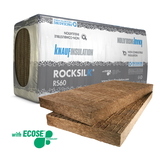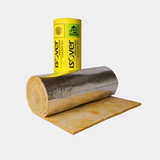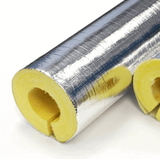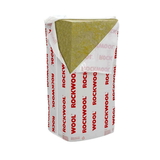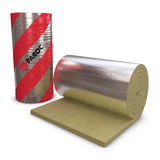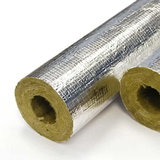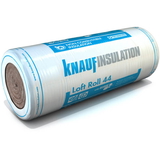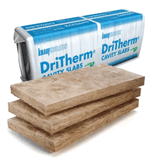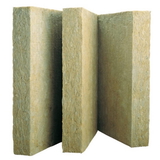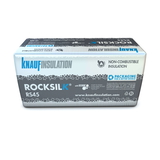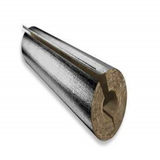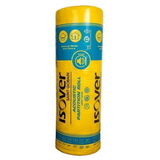- Blogs
- All you need to know about mineral wool insulation
All you need to know about mineral wool insulation
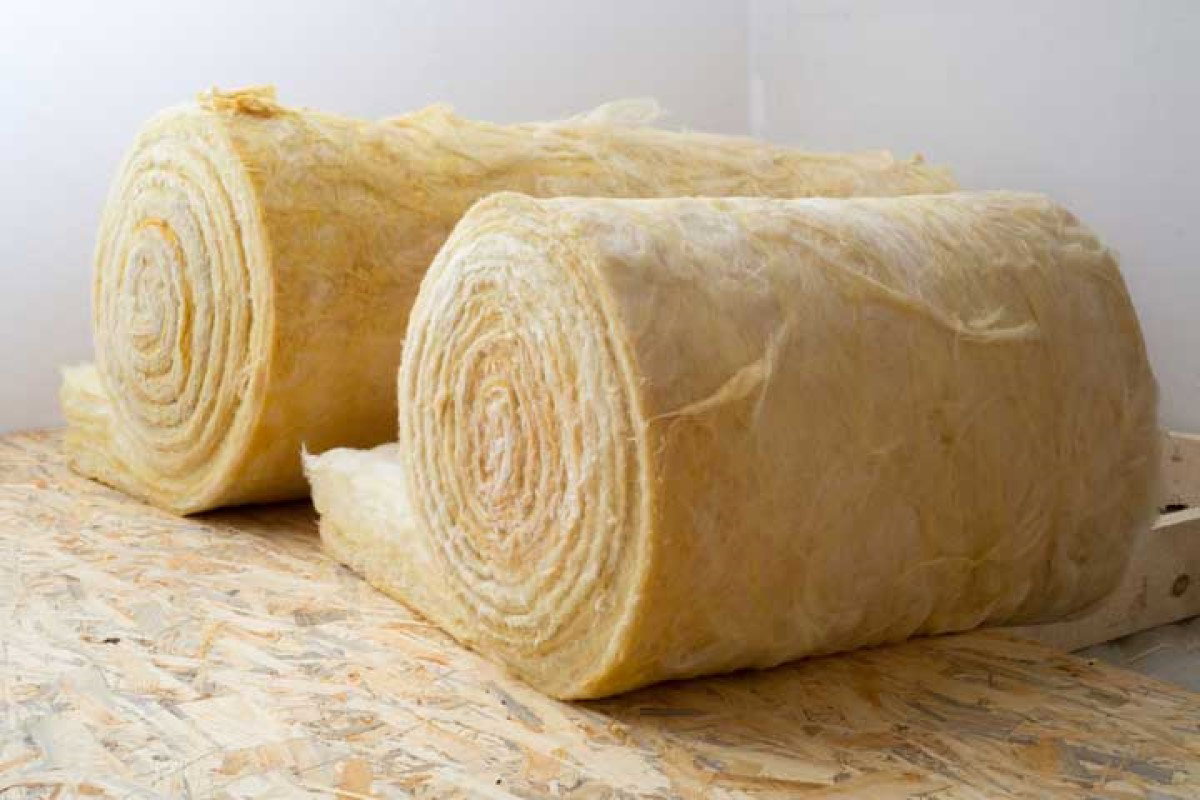
There are many ways to increase the comfort of your home, insulation being the most effective one. It provides a comfort blanket that lets you enjoy a warmer indoors.
It is a fact that insulation helps you save money and energy. It also reduces your carbon footprint and makes your home more energy efficient.
Choosing the right type of insulation for your home will be easier if you research the numerous products available today. Buying insulation online gives you many choices and access to various sizes and specifications that may not be easily available with your local vendor.
In this blog, we will discuss all about mineral wool insulation.
Mineral wool insulation - what is it?
Mineral wool is made using stone or glass as raw materials. These materials, along with other things, are subjected to high-temperature procedures and spinning. In the process, they melt into a delicate light fibre-like texture that resembles wool. The ‘wool' is then pressed into batts or rolls.
The raw materials used are often industrial waste that cannot be used for anything else.
Types of mineral wool insulation:
There are two types of mineral wool insulation - Rock mineral wool and Glass mineral wool. Glass mineral wool is primarily manufactured from recycled glass or sand and rock wool or stone wool is processed from volcanic rock such as dolomite or basalt.
Uses of mineral wool insulation:
Glass wool makes an excellent indoor insulation material. They're typically used beneath pitched roofs, for wooden floor insulation and on interior wall insulation.
Rock wool can be used to insulate almost any part of a structure. It is used in cavity wall insulation, roof insulation and so on. It also has excellent acoustic properties and is fire-resistant.
Advantages of mineral wool insulation:
1. Thermal insulation:
Mineral wool of both kinds offer effective thermal insulation. The many air spaces in the mineral wool fabric allow it to possess exceptional thermal properties. The material does not permit heat to pass through easily. It is how mineral wool insulates your home.
However, it should also be noted that glass wool has a little lower R-value of roughly 2.2-2.7 compared to stone wool's 3.0-3.3. It means that glass mineral wool insulation is slightly less effective at stopping heat loss by conduction.
Rock wool offers superior thermal insulation. With rockwool insulation, your home will require less energy to heat or cool, which in turn results in lower energy expenditures.
2. Fire safety:
When it comes to fire safety, mineral wool outperforms other insulation materials. They are both non-combustible and fire-resistant. They are certified with the best possible Euroclass Reaction to Fire Classification. While glass mineral wool is certified A2 (limited combustibility), A1 (non-combustible) is achieved by rock mineral wool.
However, the fire-resistant properties of rock wool are far superior. It has a melting point of over 1,000 degrees Celsius and reduces heat transfer to the point where it can be utilised to stop a fire. It functions as a fire barrier and can be used to improve the fire protection of a property. As a result, stone wool insulation is better suited for long-term fire resistance.
3. Acoustic insulation:
In contrast to rigid foam boards, rock and glass mineral wool insulation are great at suppressing noise. They both offer excellent acoustic insulation.
As rock wool is denser than glass mineral wool, it can slow or even trap sound waves as they pass through a structure. It offers superior soundproofing and produces quieter structures. Noise transfer between floors and walls is prevented by rock wool and it's very effective in keeping outside or neighbouring noises to a minimum.
4. Sustainable products:
As the importance of environmental effect and sustainability grows, it becomes imperative to consider environmentally friendly insulation materials.
Both mineral wool insulation, as previously stated, are excellent at recycling and repurposing materials that are otherwise discarded.
However, glass wool is often made with only 30% recycled material, whereas rock wool is created with up to 70% recycled material, which makes it the most environmentally friendly insulation material.
5. Moisture and mould resistance:
While both the mineral wool insulation materials are resistant to water, insects or moulds, stone wool is the obvious winner if you're seeking a superior moisture-resistant insulation option.
Stone wool is water-resistant so it doesn't become damp. It does not allow the growth of fungi, mould, and other germs. The air pockets in its fibres help to ensure its breathability, which helps to slow or stop moisture build-up.
Glass wool, however, can become damp, increasing the growth of fungi and rot while also reducing its insulating characteristics over time.
6. Cost of insulation material:
If your budget is limited, you should consider glass mineral wool insulation. While rock mineral wool costs about £5- £10 per square metre, glass wool is the most affordable, costing approximately under £2-£5/m2 in DIY stores.
Glass mineral wool costs less than rock wool and is just as good at insulating your home and lowering your energy expenses.
Blog Conclusion:
Even though stone wool insulation leads the competition most of the time, both types of mineral wool insulation offer sound thermal and acoustic insulation and can be installed easily.
By properly insulating your home or building, you'll cut energy bills and prevent heat loss thus saving money. If you are insulating or having your insulation installed, it is best to do your research and know which type of insulation would work best for you.
For superior quality insulation material, visit www.buyinsulationonline.co.uk. You can buy mineral wool insulation online at competitive prices along with other branded insulation materials for HVAC insulation, pipe insulation, loft insulation and many more.

Samuel Hitch
Managing Director
Buy Insulation Online.
Leave A Reply
Your feedback is greatly appreciated, please comment on our content below. Your email address will not be published. Required fields are marked *












